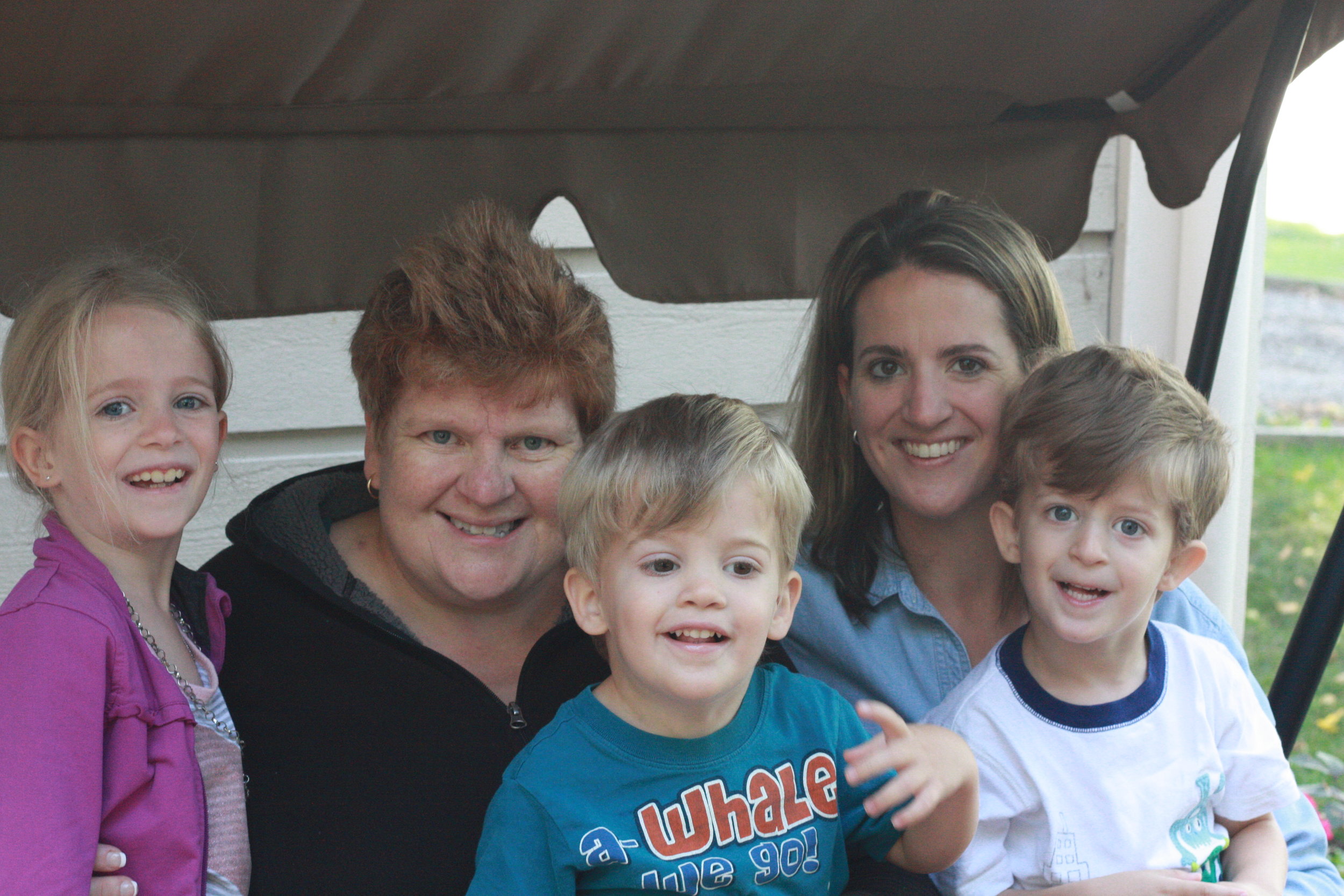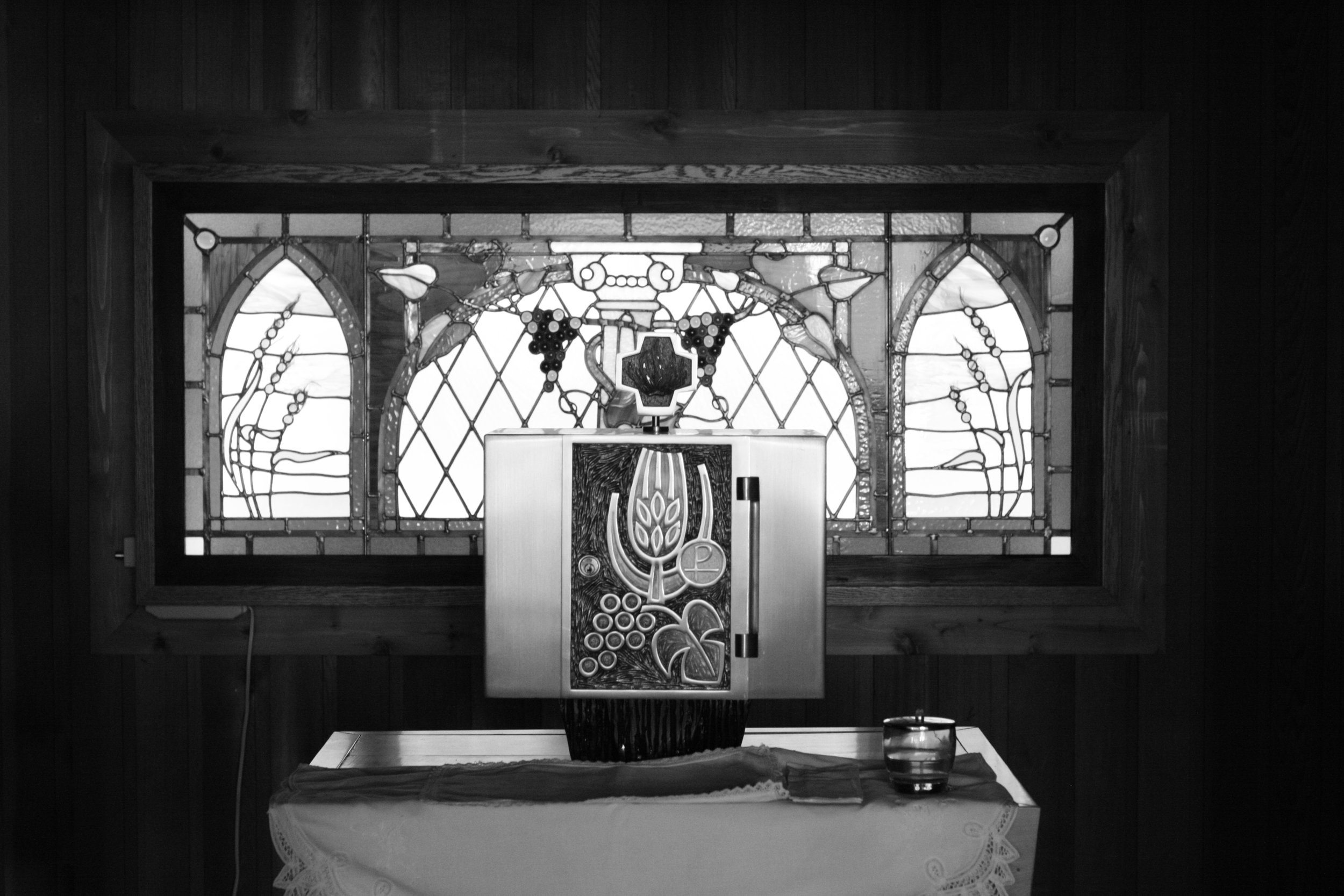The kids were in school this last week, all the way until the end, as numbers dwindled and class time became more like fun. Manitoba’s numbers are exceptionally low right now for some reason, and so there is an odd sense of feeling safe while still practicing social distancing and having a week to adjust to the idea of living in isolation.
There is, I realize, a wealth of ideas online, of things to do with children at home. I’m grateful for that, of course, but for now, I’m trying to strike a balance between early-days optimism and a begrudging dutifulness. The only way I know how to do this is by having a plan. Part of the plan includes a modified schedule, and while schedules have popped up everywhere, and the school our children attend has emailed one for each child, ours is a modified routine. It feels silly to talk about this when it is THE solution everyone else has either discovered, shared or bucked. But our household has always run with a routine in place. Not having to negotiate bedtime, piano practice, or the end of tv-watching is one thing, but mostly it allows me to bank on small oases of quiet; early-morning, time in the afternoon, an evening of peace. A schedule here is less about having something to do and more about managing expectations, both mine and the kids’.
Like I said, there is an abundance of creative ideas online already. Against that great wave of potential endless stimulation, I have erected what I imagine is a kind of mental breakwater. There are warnings everywhere that this isolation is not a matter of a few weeks, but more likely months, and so I’m arming myself by storing up the ideas and staggering their appearance. Unlike creative writing and made-for-television stories, where the modus operandi is to spend out, my impulse with the kids is about spacing the fun and deploying a variety of tactics.
So this is the plan… Our family is comprised of two adults: one grade-six teacher, one university student with part-time tutoring and administrative jobs, and three kids; one in grade five, one in grade one, one in kindergarten. Mornings will be for school-type work. Fortunately the school division is doing a brilliant job of getting organized and will be providing revisions, lessons and work. I picked up supplementary school books at Librarie à la Page. Naturally, there will be a difference in workloads between the three, but we’re keeping it studious in the morning, and I have improvised a teacher’s desk for myself, for you know, parallel work, in theory. Not only is the school-division enabling this approach, but we re-arranged areas in our house to mean business. I covered the dining room table with thick plastic, added decorative colour-swatches underneath and made territorial delimitations with a fair 26 inches allotted to each child. I’ve sharpened pencils, pencil-crayons, and bought fresh markers so that the ‘tools’ feel inviting, even though the aquamarine is inexplicably chewed-up.
There’ll be recess in our yard and a free-period before lunch for reading, or play, or hobbies like crochet. I have a medium-sized pile of books I scrounged up from the library before it closed and will dose their appearance carefully, carefully. I do hope the libraries will come up with some acceptable way to lend out books because our little family of bookworms (Christian excepted) worries more about lack of reading material than about three-ply.
Permit me a little word on activity books? I made a few last year for our weeks-long road trip to BC and they were a very successful effort. I made them using sketchbooks that lay flat when opened. I then took apart already-made activity books and split them, by interests and difficulty-levels, between the three. You might think that taping pages into a scrapbook diminishes the number of activities that can be done, and while this is true and sometimes there are choices that have to be made between pages, there is something about customizing a book to a child that makes it especially effective. Without a word from me, colouring-pages were more carefully filled-in and stickers placed next to their respective activities were properly applied. Their appreciation was an encouragement and so, at the St-Vital book sale in September, I picked up a pile of barely-used activity and colouring books in anticipation of the next road trip. There will be no road trip this summer, and instead there is a pandemic to get through and so, the books have come out of their storage and I’ve been at work assembling new ones with new sketchbooks and a box of double-sided photo squares. I admit that it’s something I like to do. I like picking activities, organizing mini-themes across pages, and decluttering (sometimes) cheap page layouts. I like making the sketchbook all fat with possibility. This time, the covers are identified not with their names but with their favourite colours. They were assembled over a few days this last week and do still contain some blank pages.
But back to the plan, for lunch. I’m pretty sure I’ll continue to prepare lunches the night before as if they were still going to school and leave the nicer non-packed lunches for weekends and holidays when Christian is home. I imagine it will be more efficient this way, and there will be more time for proper hour-long walks.
There will be cookies made, as usual, and muffins too. Maybe my daughter and I will crochet side-by-side, maybe she’ll learn to type. The evening will be looser, Christian will be home and the usual things will happen… piano and television, screens until supper, and clamour while things cook. So that’s the plan, in part… we’ll see how it goes!
















